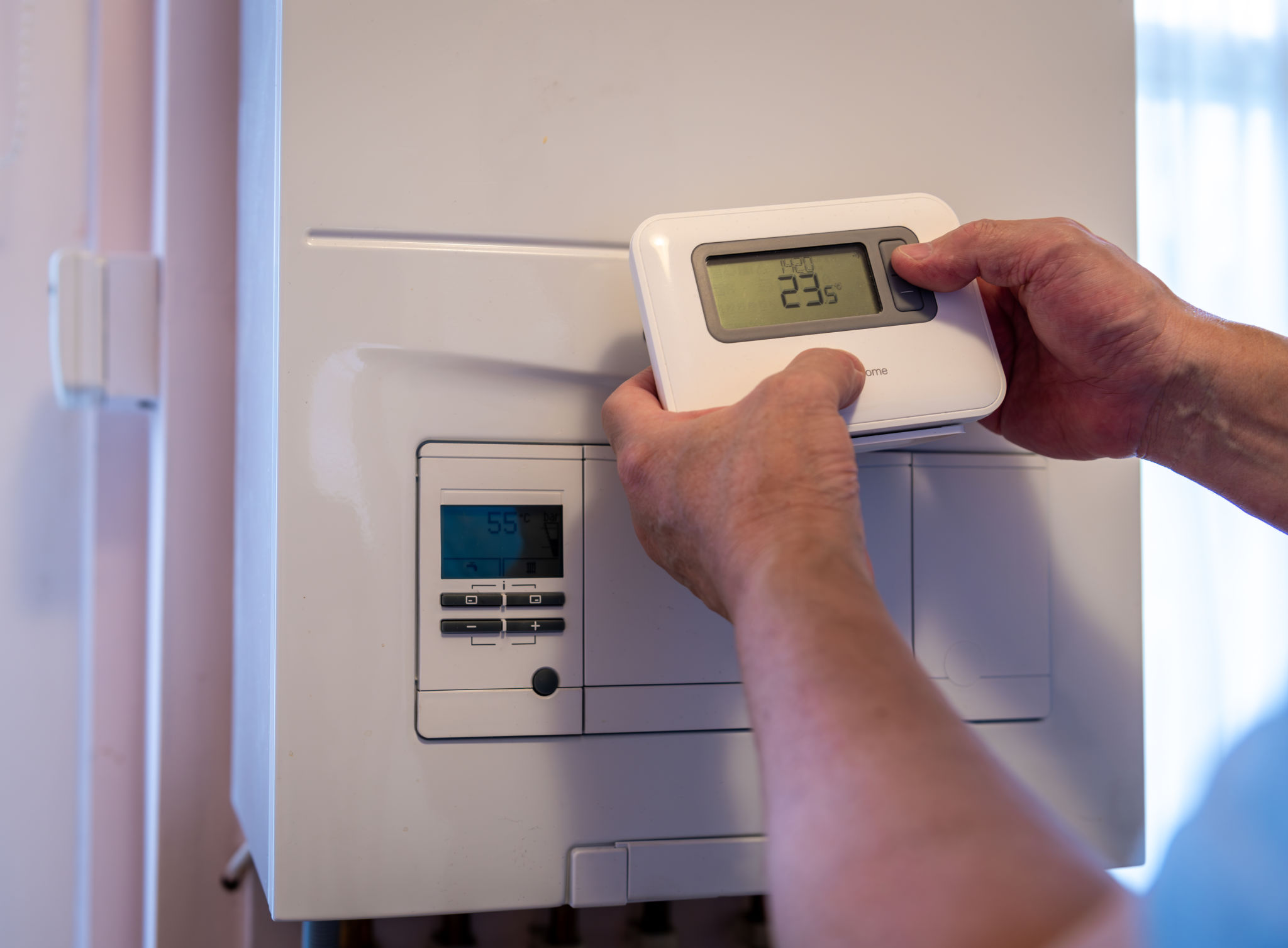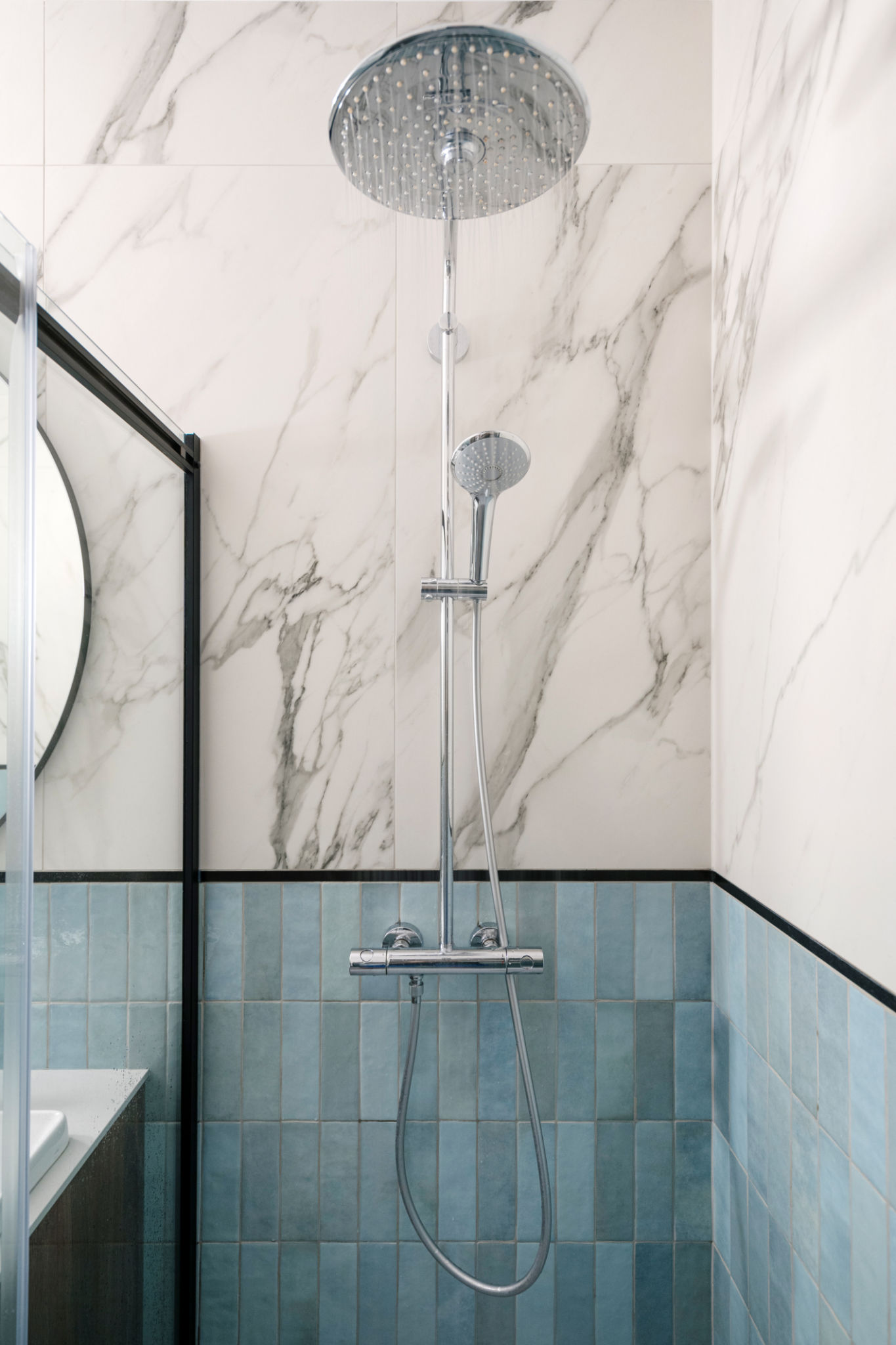Expert Tips for Reducing Your Hot Water Energy Consumption
Understanding Your Hot Water Usage
Hot water is an essential part of our daily lives, but it also accounts for a significant portion of household energy consumption. By understanding how you use hot water, you can identify ways to reduce energy usage without sacrificing comfort. Start by assessing your current hot water habits, including the duration of showers and the frequency of laundry or dishwashing cycles.
Once you have a clear understanding of your usage patterns, consider implementing strategies to reduce consumption. Awareness is the first step to making impactful changes that can lead to noticeable savings on your energy bill.

Optimize Water Heater Settings
Your water heater plays a crucial role in energy consumption. One of the simplest ways to save energy is by adjusting the thermostat. Lowering the temperature of your water heater to 120°F (49°C) can significantly reduce energy usage while still providing hot enough water for daily needs.
Additionally, consider investing in a water heater blanket, which helps insulate the tank and maintain heat, reducing the amount of energy required to keep the water warm. Regularly servicing your water heater to remove sediment and ensure efficient operation can also contribute to energy savings.
Install Efficient Fixtures
Upgrading to energy-efficient fixtures can make a substantial difference in hot water consumption. Low-flow showerheads and faucets reduce the amount of hot water used without compromising on performance. Look for fixtures that have the WaterSense label, indicating they meet EPA criteria for efficiency and performance.

Consider installing aerators on faucets, which mix air with water to maintain pressure while using less water overall. These small changes can add up, leading to significant reductions in both water and energy usage over time.
Adopt Smart Habits
Simple habit changes can lead to significant energy savings. Encourage family members to take shorter showers and use cold water for laundry whenever possible. Running full loads in both the dishwasher and washing machine maximizes efficiency and reduces the frequency of use.
- Take shorter showers.
- Use cold water for laundry.
- Run full loads in appliances.
Consider Alternative Water Heating Solutions
If you're looking for long-term solutions, consider investing in alternative water heating methods. Tankless water heaters, for example, heat water on demand and eliminate the need for a storage tank, reducing standby heat loss. Solar water heaters are another eco-friendly option that can drastically cut down on energy bills by utilizing renewable solar energy.

While these options may require an initial investment, they often lead to substantial savings over time and contribute to a more sustainable household energy profile.
Conclusion
Reducing hot water energy consumption is not only beneficial for your wallet but also for the environment. By implementing these expert tips, you can achieve a more efficient household while maintaining comfort and convenience. Start making changes today and enjoy the benefits of a more sustainable home.
